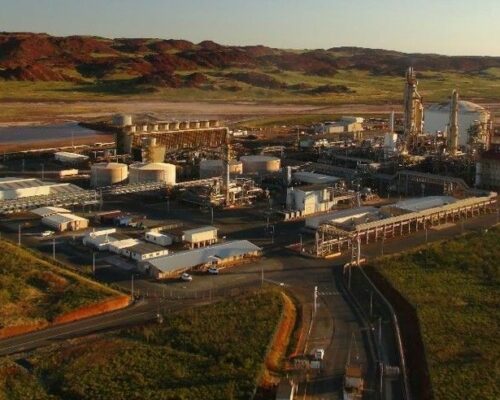Denial by “Natural Gas Industry” and Greenwashing Practices
15 November 2021 – by Eileen Lui Comments (0)
Why is the gas industry in denial? With the dire and multiple warnings from scientists around the globe, along with the recent IPCC report declaring a “code red for humanity,” the oil and natural gas industry continue to pile money onto new fossil fuel exploration. This behavior of gas producers is a bad news for energy transition.
Asia places a central role in this climate change’s global problem and reach. Many suggest that the continent could prevent global net-zero goals. Asia’s growing GDP and an increase in living standards and consumption rates are all contributing.
Combined, this makes Asia one of the fastest-growing energy consumers and the largest emitter of CO2 globally. Adding to this, companies in oil and gas industry based in Asia are helping meet new demands. For instance, the two largest oil companies in the world are both in China.
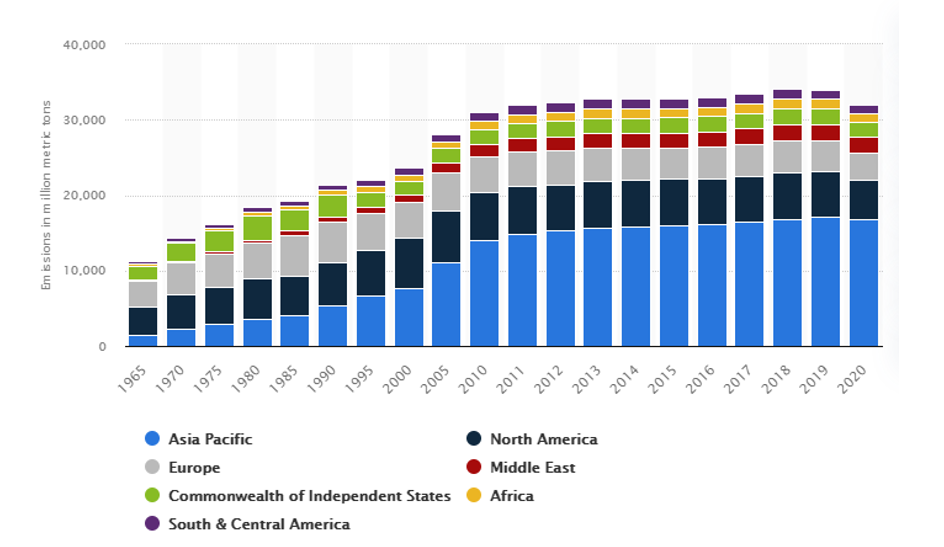
The Relationship of Oil and Gas Industry with Greenwashing
However, public attitudes towards the oil and natural gas industry in Asia are quickly changing. In response, more and more fossil fuel companies are resorting to greenwashing in an attempt to rebrand themselves as “clean” sustainability-focused businesses.
But, when it comes to Oil and Gas Sector, what is “Greenwashing” exactly?
In a best-case scenario, regarding oil and gas sector, energy companies gloss over their lack of green credentials and business practices. In the worst-case scenario, companies flat out lie about sustainability goals and privately continue business as usual.
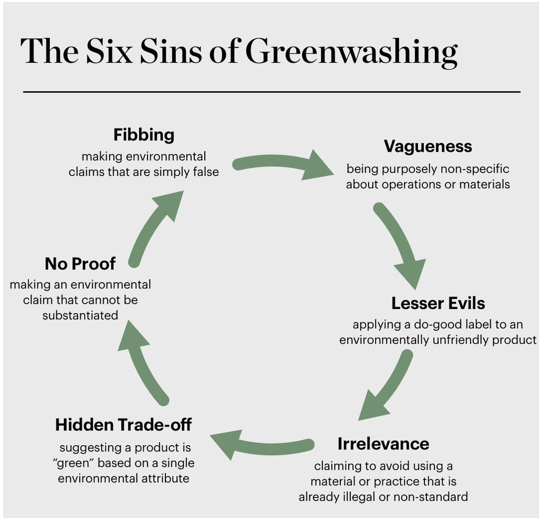
Greenwashing by Aramco
For example, Aramco, Saudi Arabia’s state-owned oil and gas industry company who is singlehandedly responsible for 4% of the globe’s carbon emissions, is known for deceptive messaging.
While the company makes public statements about commitments to climate action, investments in new oil production and gas projects continue. From 2018 to 2030, Aramco is forecasted to sell the equivalent of 27 billion tonnes of CO2 in oil and gas. In terms of carbon budgets laid out by the IPCC, this represents 4.7%.
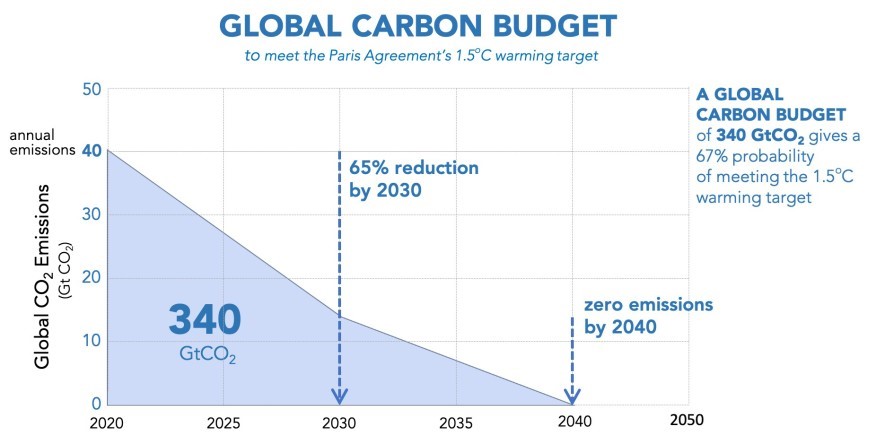
Companies in oil and gas industry are all aware of the impacts of their products on the climate. Yet, the extent to which the effects are covered up demonstrates how worried they are about their bottom lines.
Oil and Natural Gas is in Decline
Regardless of oil and natural gas companies greenwashing, the entire gas industry is in decline. Stock values are plummeting, bankruptcy is increasing, and revenues are falling year after year.
The writing is on the wall, and the energy industry know it. Not only are oil and natural gas majors losing favor with the public with demand declining, but increasingly with governments where subsidies once provided are all but drying up.
Oil and Gases History of Influencing Government
Throughout history, lobbying has been a common practice by the oil and gas industry. They use robust media and advertising budgets to fight and slow down the shift to clean energy. These greenwashing practices by the oil and gas industry have led to a history of government benefits from tax breaks to support against regulations.
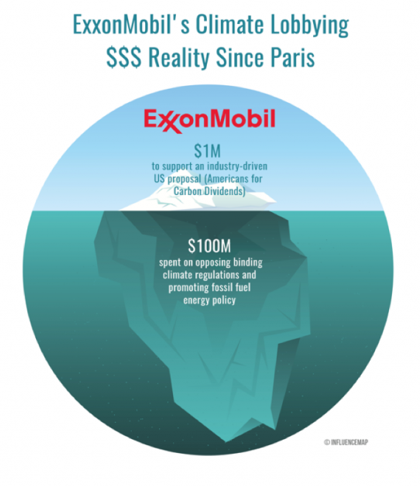
Much of this influencing results in oil and gas industry attempting to shift their image into a more favourable light. However, this is far from true. The industry is now known to have actively quashed scientific research that links climate change to fossil fuels. The overall goal by the oil and gas industry for this has been to renew support, increase investor confidence, and eke out yet more profit.
For example, 40 years ago, research scientist Marty Hoffert worked at Exxon – an oil major. His research developed a climate model – one of the first – to show the future impact of oil and gas on the climate. Despite Exxon’s full awareness of these findings, the company denounced climate change by contradicting and burying the research.
Other oil majors followed suit; BP once released its “Carbon Footprint Tool”, which attempted to shift blame from business to individuals.
Greenwashing Alternatives
According to the latest IPCC figures, if the world is to keep global warming under 1.5°C, carbon emissions need to be slashed by 45% by 2030. The oil and gas industry has a critical role in this reduction by developing commitments to real emissions targets that support the IPCC’s recommendations. Without their contribution, it will be challenging to meet any global climate targets.
While some fossil fuel companies have made pledges on climate goals, many are too low to have any meaningful impact. Yet, others like Shell are setting examples for the industry, aiming for carbon neutrality by 2050.
Investment Opportunity in Oil and Gas production
In concert with winding down oil and gas production, the opportunity to invest in renewable energy has never been more significant in the global economy. With renewable capacity rates growing steadily, Asia is a prime market. Not only is the continent’s energy demand climbing, but public and private support for renewables is strong. Companies should increase oil production, gas production and oil and gas reserves.
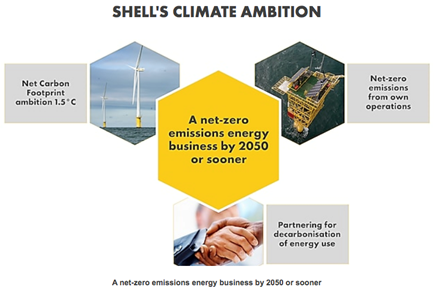
The irony is that fossil fuel companies are some of the best-equipped companies to implement fast, large scale projects to combat climate change. And with this will come massive profits. While it is encouraging to see some oil and gas companies pledging climate goals, their efforts still fall short of real change. Ultimately, the choice is up to oil industry and gas sector companies to take the leap and see the future opportunities before it is too late.
POLL

